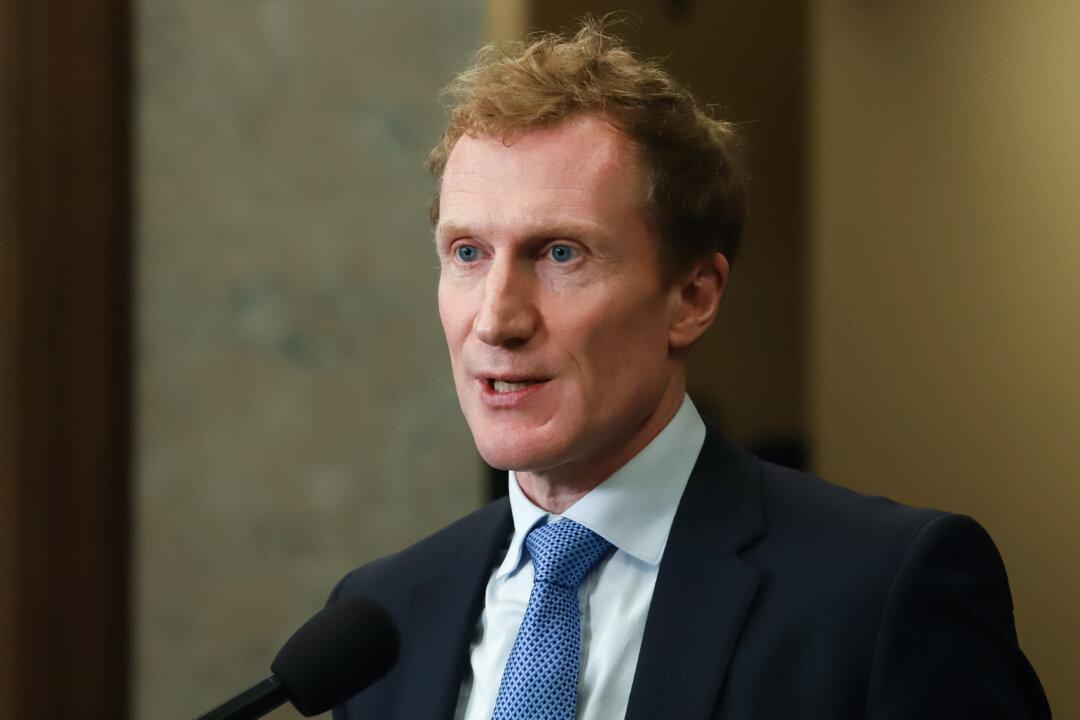The federal government plans to further limit the number of international students entering Canada in 2025, reducing the number of international study permits by 10 percent.
The new target for international student permits will be reduced to 437,000 for 2025 and 2026, down from the 485,000 permits given out in 2024, Immigration, Refugees and Citizenship Canada announced on Sept. 18.





